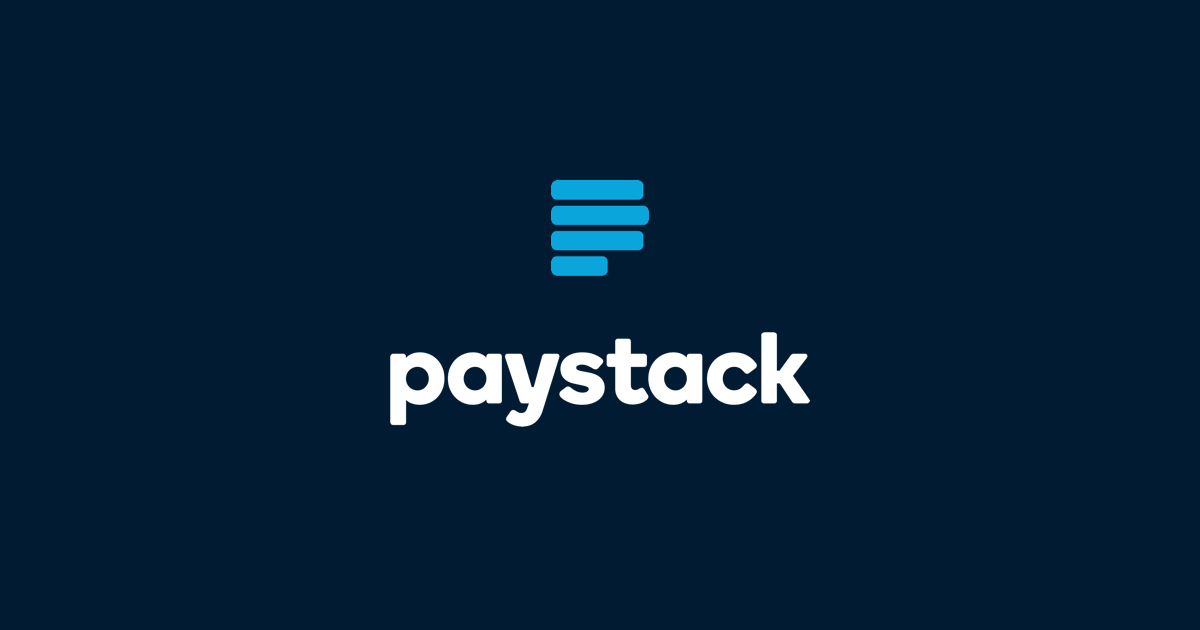The acquisition of Paystack, a Nigerian FinTech company, by Stripe is a huge boost for the Nigerian technology ecosystem, says Jide Awe, the Chief Executive Officer of Jidaw Systems Limited.
Awe spoke with the News Agency of Nigeria (NAN) in Abuja on Saturday while reacting to the development.
NAN reports that Paystack, a technology company solving payment problems for businesses, was recently acquired by Stripe, a U.S. FinTech company for over $200 million.
The deal will enable Paystack to explore diversification to other African countries.
According to Awe, a massive investment of this nature is a plus for Nigeria’s tech community, an incredible boost and source of pride even in this time of great volatility.
“It certainly rewards and encourages those who took a chance and invested in Paystack.
“Stripe’s investment is a welcome sign of investor confidence in the Nigerian tech industry, it is a recognition of potential.
READ ALSO: Anonymous hacks CBN, EFCC, INEC websites
“It is a rebranding beyond words with the world beginning to recognise Nigeria as a tech nation, not one identified with negative activities,’’ Awe said.
He further said that the partnership would encourage other global investors to pay attention to the technology sector in Nigeria and Africa.
Awe added that there was great potential in Nigeria that needed to be harnessed because the country’s ICT industry was growing at a very fast rate.
He said that the Paystack solution was workable, would be more beneficial with digitisation and the Fourth Industrial Revolution (4IR), as well as address more needs.
Awe further said that the deal would serve as motivation for Nigerian youths, adding that they had the capacity to build a better future.
He acknowledged that young people with entrepreneurial and mobile drive dominated the country’s population, hence the need to ensure digital inclusion, digital education, capacity building, enabling environment to unlock potential.
“The Paystack acquisition tells our young people to continue their work in tech, coming up with great ideas, continue creating and keep pushing boundaries and breaking barriers despite challenges in the environment.
“The enabling environment just needs to be in place in tech and in other areas.
“Coming at a time when there are protests against youth brutality, it highlights the importance of why the country must value youth and ensure practical youth inclusion,’’ he said.
He identified that the country had lots of promising startups but financing their ideas was a huge challenge.
According to Awe, Nigeria’s developmental challenges are opportunities.
“There are huge unmet needs and the right approach can open up promising and rewarding opportunities.
“It also sends a message to local investors that technology offers rewards.
“The world is becoming increasingly digital and technologies are disrupting industries and creating new structures.
“Investors will need to consider investing in tech startups not just in the traditional areas of real estate, construction, oil and gas, among others,’’ he said.
He added that young people constituted a significant number in Nigeria’s tech community and their experience should not be overlooked.
According to him, in the world of emerging technologies, society needs to understand the youths, connect with them and support their innovations.
Awe pointed out that the country needs an environment that enables digital growth, transformation through supporting the provision of fast, reliable, affordable internet connectivity.
He recommended high-quality digital education for all, strengthening of the local tech sector and promotion of innovation culture beyond policies.

